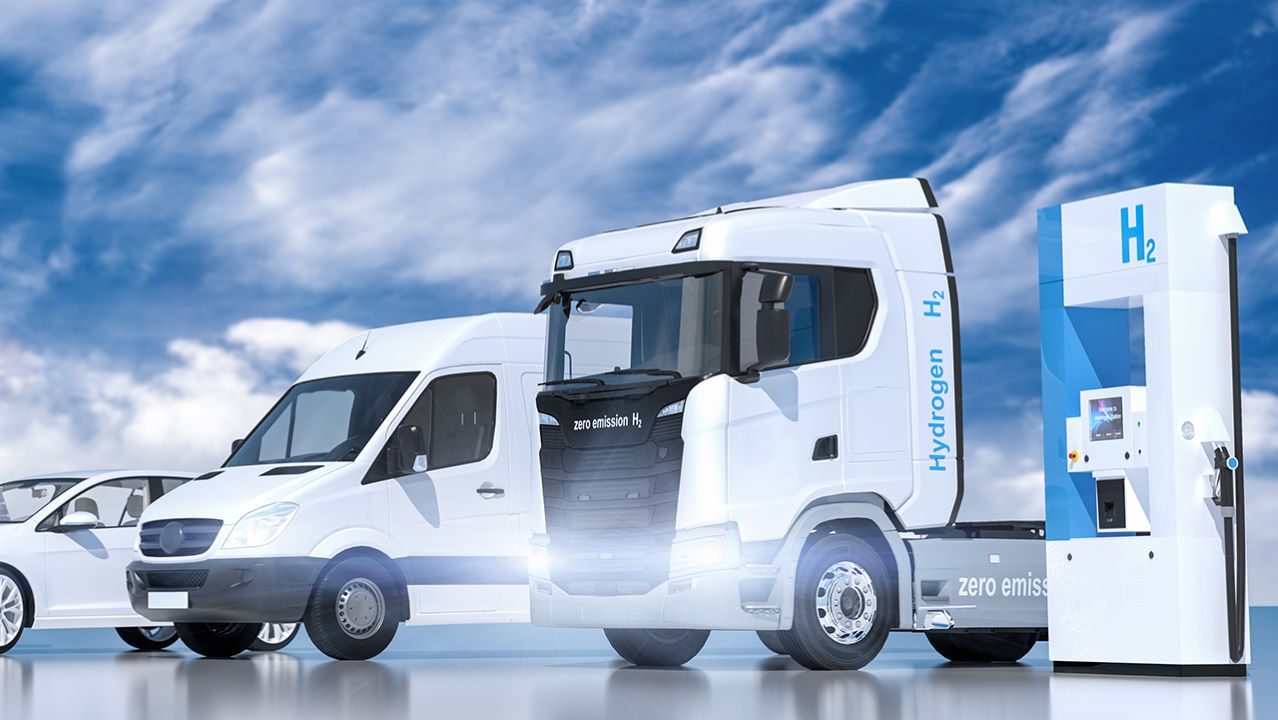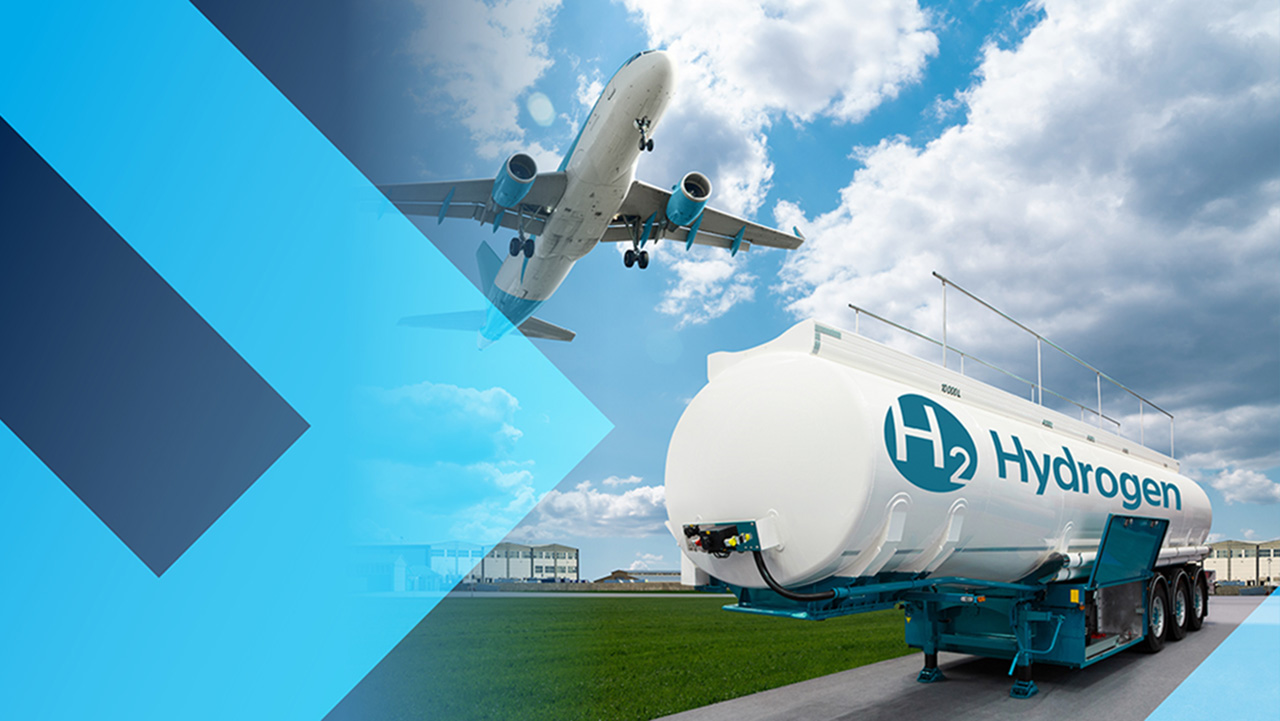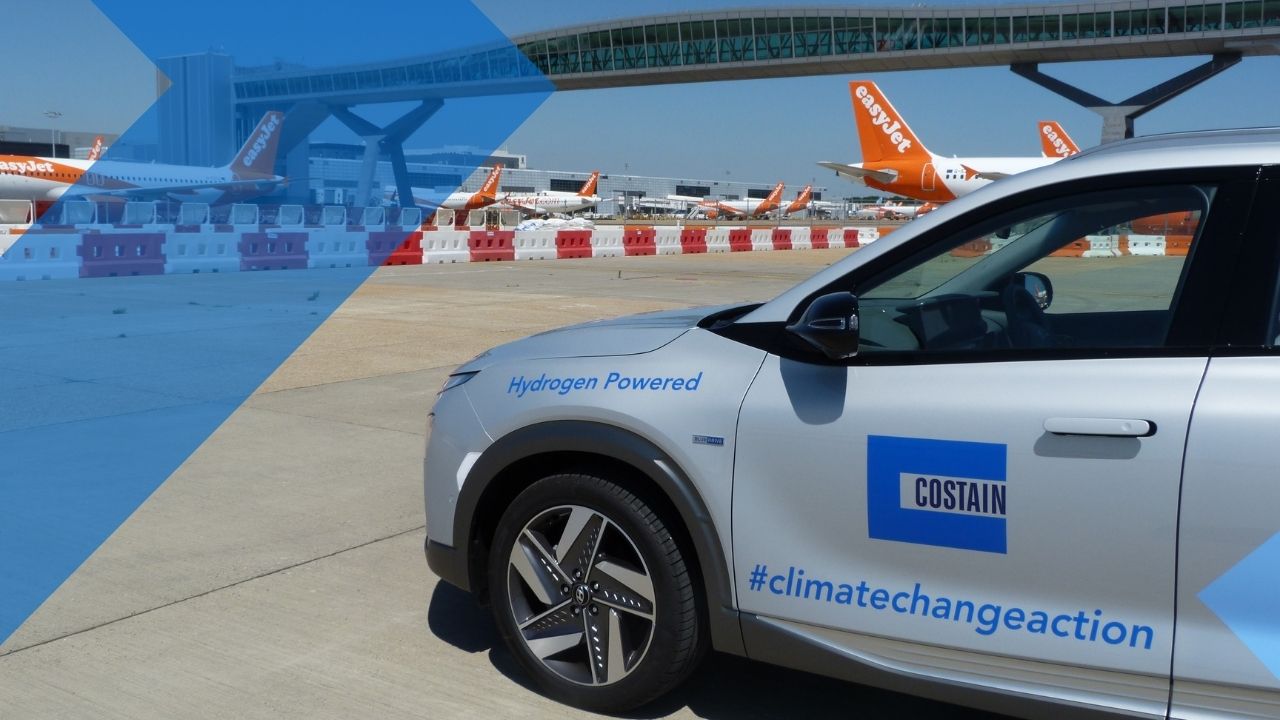Insights

Engineering Matters Podcast #269 The Pipeline to Net Zero
What are the engineering challenges that need to be overcome to create systems that can carry carbon dioxide, hydrogen, as well as ammonia and biogas at scale? And how can we take advantage of legacy pipeline infrastructure in historic industrial regions and bring new opportunities to local economies?

Taking a systems-thinking approach to tackle water sector challenges
It’s clear the water sector faces profound challenges in the coming years and decades, from climate change to growing customer expectations, as well as concerns about affordability. With all eyes on PR24, Costain and British Water hosted a series of industry panel events to spotlight these challenges and discuss how the industry can work collectively to deliver more for customers and the environment.

Sharing expertise in the decarbonisation journey
High on the list of any large industrial operator, is the impact of its transport, plant and employee mobility needs. Essential Fleet Manager sat down with Jamie Colquhoun, Costain’s Transport Energy Advisor, who spoke about the ambitious steps the infrastructure solutions company is taking to decarbonise its own operations, and those of its customers, at pace.

Back to the future
How can we embed new value into developer-led archaeology? Dr Kate Faccia, Jeremy Galpin, Caroline Raynor, and Dr Sadie Watson report

Powering aviation with hydrogen
The aviation sector accounts for 6% of all UK greenhouse gases. It’s therefore unsurprising that a key challenge the country faces is ensuring that the sector plays its part in supporting our march to net zero by 2050. The recently announced Jet Zero strategy is central to tackling this challenge.

Think impact
Jeremy Galpin, Social Value Consultancy Lead at Costain calls on the sector to use the Value Toolkit from the earliest stages of project-planning to improve the social, economic and environmental value across the lifecycle of assets.

We’ve agreed a net zero target by 2050 but have we agreed a technically deliverable plan to get there?
It is widely accepted that the way we fuel our cars, heat our homes and generate power, needs to change if we are to meet our decarbonisation commitments and address the developing climate crisis. An initial emphasis on electricity-based solutions has promoted the rise in popularity of electric cars, and more recently installation of heat pumps in homes.

Solving storm release spills with systems thinking
The recent press coverage around sewage spills into watercourses has highlighted the scale of the challenge faced by water companies coping with the impacts of climate change and population growth. Delivering a better service to customers and the performance improvements required by Ofwat through the Outcome Delivery Incentives (ODIs) are driving the need to innovate and implement affordable solutions at pace.

Making the case for an integrated transport strategy for England
The country is crying out for transport solutions that improve the customer experience while honouring our commitment to lowering carbon emissions. That's why it's time to join-up our thinking and get serious about an integrated transport strategy for England.

Fleet decarbonisation - Filling the gap to net zero with hydrogen
In my previous blog, I talked about the challenges that fleet managers face when considering the transition to electric vehicles. However, for many organisations with fleets that include heavy duty vehicles, there’s further head scratching to be done.

